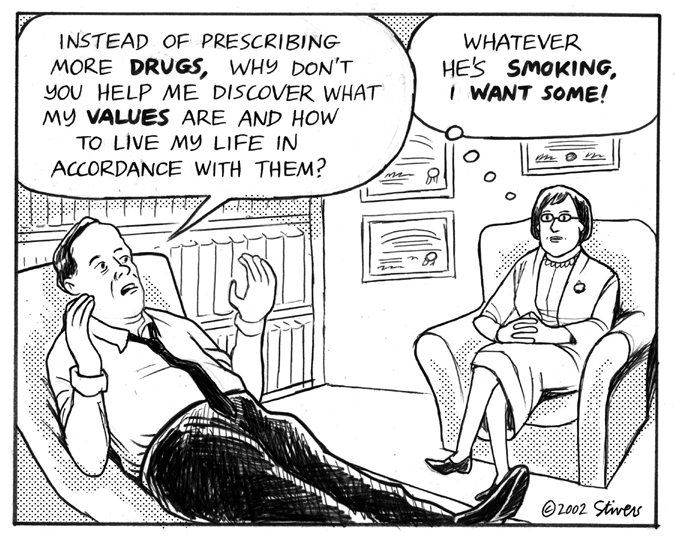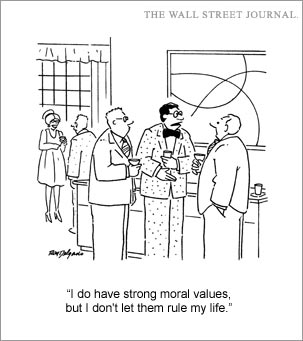Ever had a long-time friend who all of a sudden got upset and dropped you? How about a business client where you served them faithfully for years but made an error and they dumped you? Let’s even look closer to home at our spouses and ask whether you and/or your spouse have earned “forgiveness” credits?
Do you and your friends and family have a moral bank account? What is it? Simply, it’s an ethereal idea where your good deeds reside and you build up credibility and perhaps pre-forgiveness. Have I lost you yet?
Let’s expand on the analogy of a bank account. We deposit money in a bank account and withdraw it as needed. I believe we all earn moral credits aka credibility among those in our lives when it comes to our actions. So, in the starkest examples it is when we volunteer at a homeless shelter, a retirement center, or a hospital. We have essentially made some good deed deposits. Those, however, are not with specific people in our lives and are simply putting in deposits in our “Soul” account, perhaps.
Yes, this is ethereal but I assert it is as real as money as far as our relationships are concerned. When someone has done something kind for you, don’t you remember? Obviously, the reverse is true. On a larger scale, it’s all about trust. When someone repeatedly breaks their word, do you still trust them?
How does this apply to our daily lives? Let’s start extremely personal and look at a husband and wife. Upon marriage, we made marital vows. We promise fidelity, care in sickness and health, and love for the rest of our lives. When our partner cares for us in times of poor health, remembers our anniversary and birthday, offers moral support during life crises, our trust is increased.
Conversely, if our partner lies to us, cheats on us, and is not there in body and spirit during the rough times, our trust is diminished.
Since none of us is perfect, the key to this whole idea is the former example of a partner that has largely been good, caring, and trustworthy. Given that we’re imperfect, the inevitable misdeed will occur whether it’s a small one like forgetting to pick up the laundry as promised or a larger one such as an infidelity. When and if we forgive, in my opinion, relates to the size of the bank account and, of course, the degree of the indiscretion.
The same idea applies to all our relationships, public and personal. In my lifetime, a President was denied re-election because he promised something and didn’t deliver (“Read my lips”). Certainly, there is trust built in our work relationships and among our friends.
Who hasn’t made a mistake with a friend? Again, depending on the mistake, forgiveness may or may not be called for. I can think of a personal example where I had a friend who was chronically late. I found a solution to preserve the friendship. We agreed that whoever arrived second would pay for whatever we were doing for that get-together. I arrived on time and ended up getting my meals and/or movies paid for. Win-win.
The converse occurred when a dear friend was not there at a crucial time in my family life when a close family member was in dire straits. I was dismayed that he abandoned me at this incredibly vulnerable time. I could see no excuse for the abandonment, especially since he knew our circumstances and had lived through similar ones with his own family and consequently was in the best position of offer counsel. That friendship drifted apart after that incident. The moral bank account was emptied by that singular and still-hurtful (when I think about it) act.
I joke about the fact that my wife – and most women – counts the gifts we men give them differently than how we men count them. In men’s minds, when we get the BIG gift, like a special piece of jewelry for instance, it should be worth at least 10 credits. On the other hand, a bouquet of roses, in our feeble male brains is worth maybe a single credit.
Women, without a doubt, add these credits up differently. EVERY gift is worth ONE credit. And, no matter how “big” it was, the moment we screw up, we are back on their ca-ca list.
My argument with women – my wife included – and everyone is that the totality of a person’s behavior should always be “counted” when a misdeed has occurred. Perhaps the right response is to cut off a relationship over a misdeed, if that moral bank account is largely empty. But, if someone has regularly come through, shouldn’t his or her moral bank account just get a small withdrawal?
What do you think?
How about skipping that $5 Starbucks latte and splurging $2.99 (for the Kindle on Amazon) or $2.79 for the PDF of my new e-book? Enjoy my own informercial for it! This e-book is really a virtual journey. It’s filled with 100 photos, 7 original videos, and links to many of the stops on the trip. Click on the book cover image below to find your purchase options:







